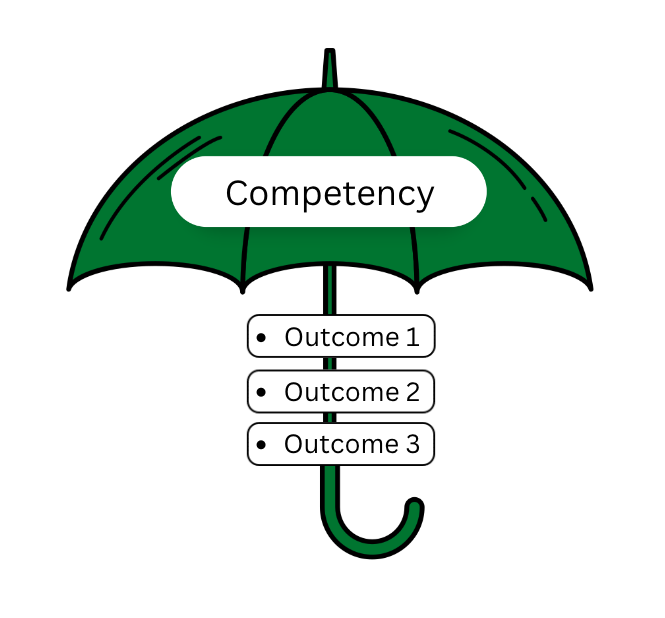WOW!! Polar Bears, Tundra, Teams AND Learning…
 Ryan Brook teaches Animal Science 475.3 Field Studies in Arctic Ecosystems and Aboriginal Peoples and about 120 students have taken the course in the ten years he has been teaching it. Ryan has spent twenty summers on the Hudson’s Bay coast. Here is the course description:
Ryan Brook teaches Animal Science 475.3 Field Studies in Arctic Ecosystems and Aboriginal Peoples and about 120 students have taken the course in the ten years he has been teaching it. Ryan has spent twenty summers on the Hudson’s Bay coast. Here is the course description:
This field-based travel course will provide hands-on research experience in natural ecosystems in the sub-arctic of the Hudson Bay coast in northern Manitoba at the interface between animals, people, and the environment. This experiential course is an intensive introduction to and connection between the ecology and Aboriginal cultures of the sub-arctic. This is a paired course with the University of Manitoba so students from both universities will work collaboratively on this course. Before travelling to Churchill, students have a 5 hour lecture, followed by two, one hour tutorials working with course instructors to develop their research proposal before and 24 hours of self-directed group learning developing their research proposals (groups are expected to meet at the university individually to develop research proposals and seek instructor help where required) and reviewing course safety material. During the two-week period in Churchill, students will have 21 hours of lecture, 30 hours of field lab demonstrations, as well as 84 hours of self-directed learning. The self-directed group learning includes fieldwork to collect data for the research project and is supervised by the instructors and input is provided in troubleshooting research design, fieldwork, and data analysis where required. At the end of the course, students will have two, one hour tutorials by the instructors to facilitate completion of their final report as well as 24 hours of self-directed group learning working collaboratively with group members to complete the final report.
What excites me about this course, as an educator, is how the structure, content, and process of this course hit so many of the “learning buttons” we currently know of:
1) When we reflect on our University’s Core Learning Goals we can see that many of the goals are addressed in this course—if not all! For a refresher check out The Learning Charter.
2) Students have an experience outside of their usual contexts. Senses and memory are heightened when we are out of our normal environments. We learn more and retain the information longer and are able to integrate it more thoroughly under unusual circumstances; we are on high alert.
3) Hands-on experiences mixed with theoretical concepts and conversations hook in information far better than any one of those modes alone. This field-based course has students working in teams, taking measurements, and linking their work into a larger research project.
4) The students in this course present their findings to Parks Canada and the community. They have time with community Elders and have the opportunity to experience other realities. What they discover in their research projects is valued—beyond earning them a grade. What they find out is valuable to the wider community. They are contributive. “Authentic assessment” in this case is the value that the wider community is attributing to their findings as well as the contributive nature of their research to the broad longitudinal study—what they do makes a difference. The investment is generally increased considerably when groups present to their colleagues, the community and Parks Canada rather than to a single reader-grader.
5) The team aspect and intense rigorous schedule of the two weeks has the potential to be a pressure cooker situation. Students definitely have the opportunity to practice their communication skills and skills of self-management. In addition to the time on-site, the groups are preparing well in advance of the trip itself. The number of hours that the students engage in this course is far greater than any lecture-based class! And I’m not even considering the time spent researching appropriate clothing and packing efficiently…
6) This is a memory of a lifetime and all the “content” that would simply be “covered” in a lecture is hooked into long-term memory through these experiences. This is a memory-maker!
For more information about this course, please contact ryan.brook@usask.ca and to discuss including more experiential aspects into your courses (including undergraduate research) contact the GMCTE.
And the Wordle was created by pasting course reflections into http://www.wordle.net/create.
